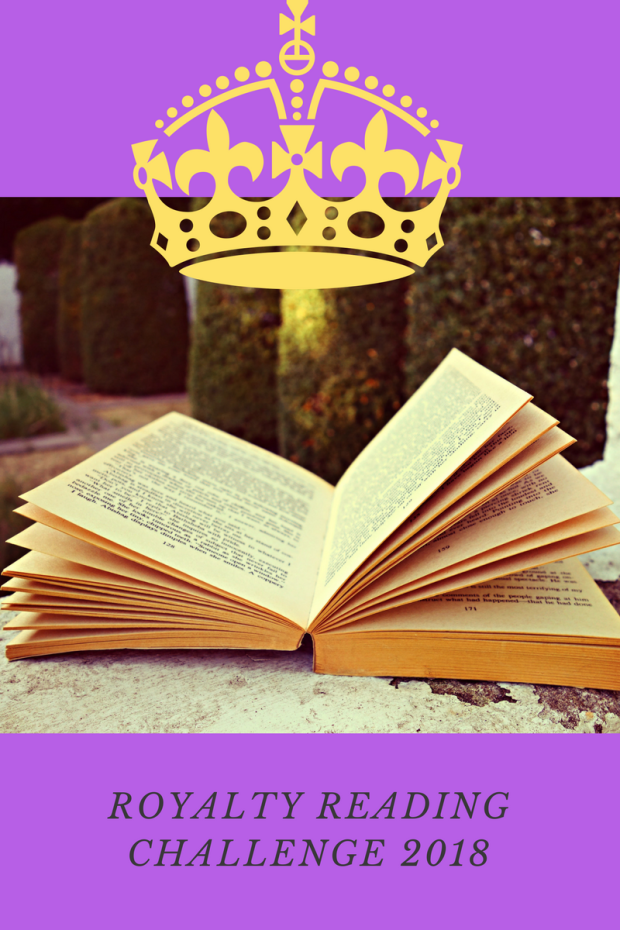From Writerslife.org:
Great character names will stick in a readers head and will seem to fit perfectly with the character you are carrying around in yours!
Naming your characters should be easy, you created them, and you know them inside out after all. However, many authors struggle to find that perfect name for the characters they’ve created, and the pressure of naming their characters can sometimes mean writing grinds to a halt before it has even begun!
If you are struggling to find the ideal names for your characters, take a look at these tried and tested methods.
Try a pun
A pun can work really well and is a fun way to hint to the reader what they can expect. A character with a surname Black or Moody, for example, might be dark and brooding. One with the surname Sunny or Flowers could be delicate, lighthearted and positive.
Use alliteration
First name and surname alliteration always deliver a catchy and powerful impact. Keeping names short and sweet has a similar effect. They also give your characters a slight superhero vibe. Peter Parker, Victor Von Doom - you get the picture!
Check out meanings
Another excellent way to give your readers a little insight into your characters is by giving them names with meanings. Check out some meanings of names and then give your character a prophetic one. Estelle or Stella, for example, could be the name of your star character or someone who loves to be the star or the show. Samael is a name, according to Jewish myth, for the grim reaper so this could be apt for a character who is evil or destructive in your story.
Reflect their personality
Whatever you do, try to pick names that well reflect your character's personality. If your character is upper class, spoilt, seductive, and glamorous, calling her something like Jane Smith won’t sit right. Similarly, if your protagonist is a cheeky chap who was brought up on the wrong side of town calling him Huebert Sidney-Carter won’t work either!!
Use baby books
Baby books or baby naming websites are a great resource if you are stumped for a great character name. Here you can find thousands of names and name meanings all in one place.
Check out your favourite authors
If in doubt take inspiration from some of your favourite authors - pay attention to their carefully chosen character names and try to decipher what methods they have used, and why they work so well.
Use the dictionary
The dictionary can be a fun and useful aid when it comes to choosing your character names, Simply open it at a random page and check out some of the words and their meanings - you are sure to come up with something unusual and fitting eventually!
Remember you can always change them!
At the end of the day, writing your story is more important than naming your characters, so if, for now, you are finding it a challenge to get your characters names right, don’t worry. Just call them anything you like for the moment, and you can always come back to it and change them once you’ve written your story down.
So there you have it, next time you are finding it tough to pick the ideal name for your characters, try the above, and you are sure to find one that fits them perfectly in no time!
When I began penning my memoir, I opted not to use real names of people I knew, even those of my own relatives, out of fear of possible lawsuits, or even just mere anger, from those people. At first, trying to make up names was hard, since there were so many people I mentioned. It was hard not to use the same name twice to avoid confusion with other characters, even though in reality I knew many Jennifers, Lisas, Karens and Michelles, among other trendy names, growing up. At one point in the story, I made reference to "one of the many Jennifers, Karens or Lisas...," knowing that the real person referenced had one of those names in reality. This was how I mentioned that person without actually using her name. In some cases, I could not remember someone's name, so I left those unnamed. This was especially true of those who were only briefly referenced, as I felt there was no need to use names in these instances.
As for my diary novel, I'm unsure how I came up with the name of my protagonist or even some of the secondary characters. Though I've often though that Jana and Janelle sound like names for a set of twins, so I went wth those for two of my secondary characters. The old man across the street was given the all-too-generic name of Bob Smith. I just have a thing for the name Bob. And Megan Smith is his great-niece. Again, a very ordinary-sounding name.
Quite often, I just take popular names for characters. Or any that come to mind. This may be how I chose some the names in both stories currently in progress.









